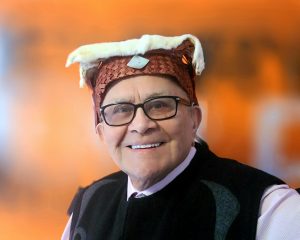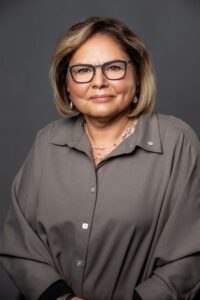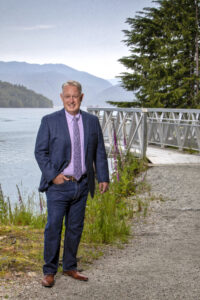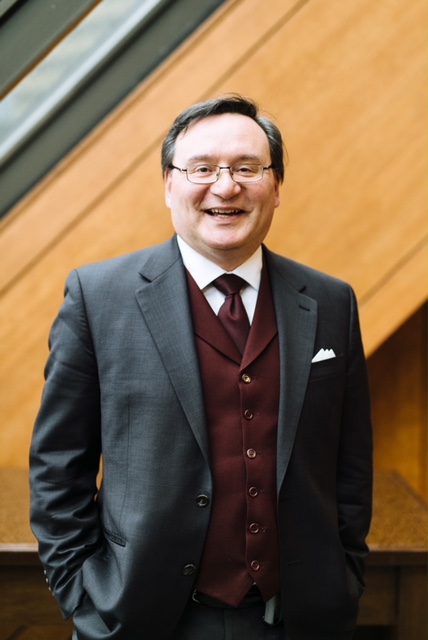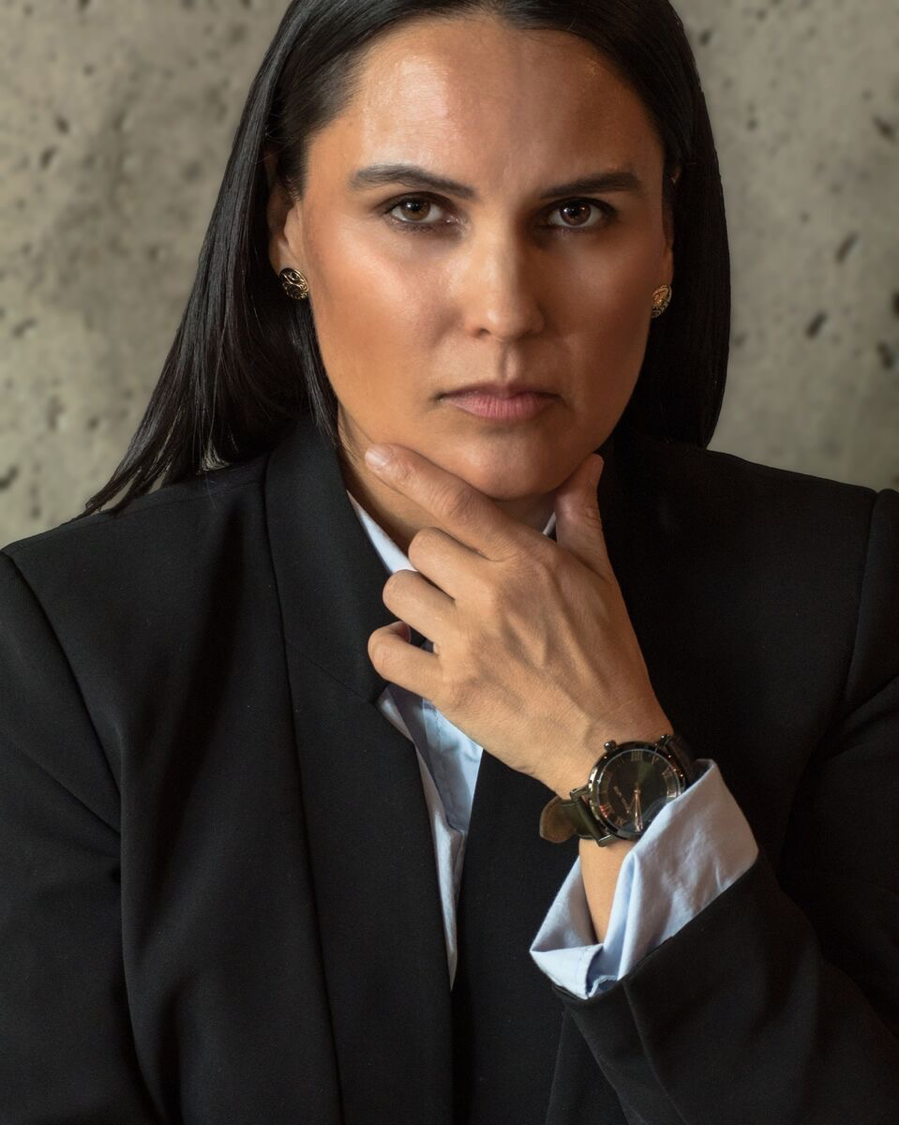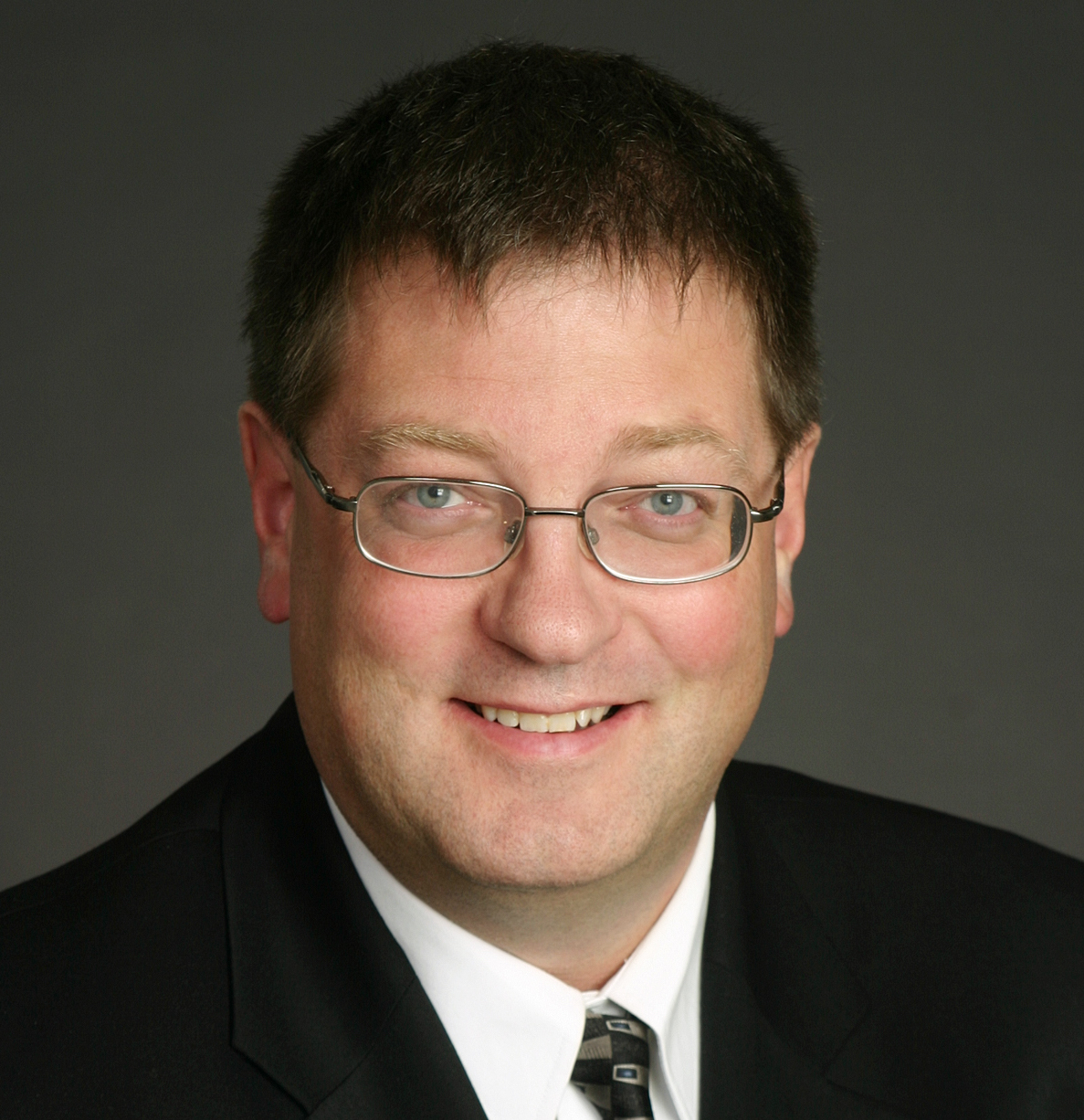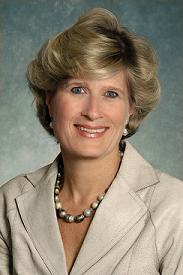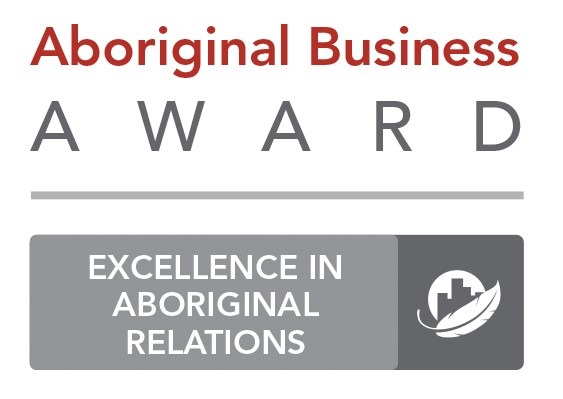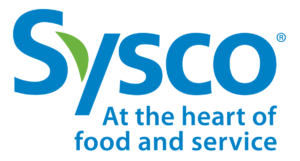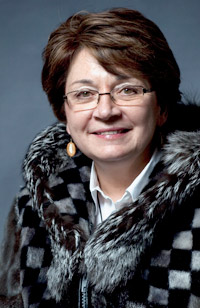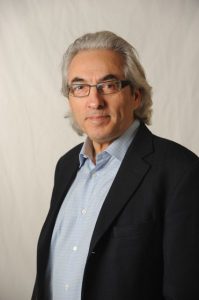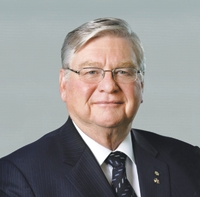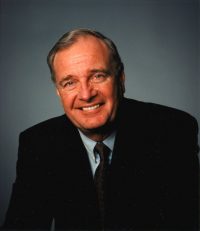Dr. Ken S. Coates
Ken Coates is Canada Research Chair in Regional Innovation at the Johnson-Shoyama Graduate School of Public Policy, University of Saskatchewan campus. Ken was raised in Whitehorse, Yukon, and has long-standing professional and personal interests in Aboriginal rights, northern development, northern Canadian history, science, technology and society, and Japan Studies.
He received his BA (History) from UBC, MA (History) from Manitoba and PhD (History) from UBC. Ken has had the distinct pleasure of working at universities across Canada and internationally, starting at Brandon University and continuing at the University of Victoria, and the University of Northern British Columbia (where he was the Founding Vice-President Academic). He spent two years at the University of Waikato in Hamilton, New Zealand, an institution known globally for its work on Indigenous education. Ken returned to Canada in 1997 to take a position as Dean of Arts at the University of New Brunswick at Saint John. He then became Dean of Arts and Science at the University of Saskatchewan, later serving as Dean of Arts, University of Waterloo. He returned to Saskatchewan in 2012.
Ken has written extensively on Aboriginal history, Indigenous-newcomer relations and post-secondary education. His first major work, Best Left as Indians, examined the history of the Yukon through the lens of Aboriginal-European contact. His subsequent work includes The Marshall Decision and Aboriginal Rights in the Maritimes, Land of the Midnight Sun: A History of the Yukon and shortly, a co-authored book called Treaty Peoples: Aboriginal People and the Future of Canada. He has published more than a dozen books with his regular co-author, Dr. W.R. Morrison, and has worked with Carin Holroyd on a series of projects related to science and technology in East Asia. Ken’s co-authored book, Campus Confidential, offered an accessible review of the accomplishments and challenges of the post-secondary system in Canada and is being followed up by a book aimed at high school students and their parents about post-graduate opportunities.
Ken is currently working on a series of books, including a reflection on the significance of the Idle No More Movement, a study of the development of the Canadian Light Source (synchrotron) at the University of Saskatchewan, the first ever history of the Circumpolar sub-Arctic, and an examination of the over-expansion of the global university system.
Ken has worked with Aboriginal peoples and organizations and with government agencies responsible for Indigenous affairs across Canada and in New Zealand and Australia. He assisted with Aboriginally-themed documentaries produced by Northern Native Broadcasting Yukon, assisted with land claims research and participated in a variety of national and international collaborations, including serving on the Research Advisory Committee of the Royal Commission on Aboriginal Peoples. He is the Director of the International Centre for Northern Governance and Development, which provides regionally-relevant research focused on northern Saskatchewan and delivers a community-based Masters program on Northern Governance and Development. He is the Director of the Macdonald-Laurier Institute’s research project on Aboriginal Peoples and the Natural Resource economy.
Ken appears regularly on television and radio, largely in association with his work on Aboriginal issues, northern Canada and post-secondary education. His opinion pieces have been published in newspapers and magazines across Canada.
His wife, Carin Holroyd, is an Associate Professor of Political Studies at the University of Saskatchewan. He has five children and six grandchildren. Ken also assists Carin with her charity, the Vietnam Education Society, which builds schools for communities in rural Vietnam.


 Mark has 35+ years in the energy industry, including 23 years at Imperial/Exxon, and most recently President & CEO, Suncor Energy (2019-2022). During his career, Mark’s accountabilities have spanned from operations in the Wood Buffalo region, offshore East Coast Canada, the North Sea, Latin America, North Africa and the Near East.
Mark has 35+ years in the energy industry, including 23 years at Imperial/Exxon, and most recently President & CEO, Suncor Energy (2019-2022). During his career, Mark’s accountabilities have spanned from operations in the Wood Buffalo region, offshore East Coast Canada, the North Sea, Latin America, North Africa and the Near East.